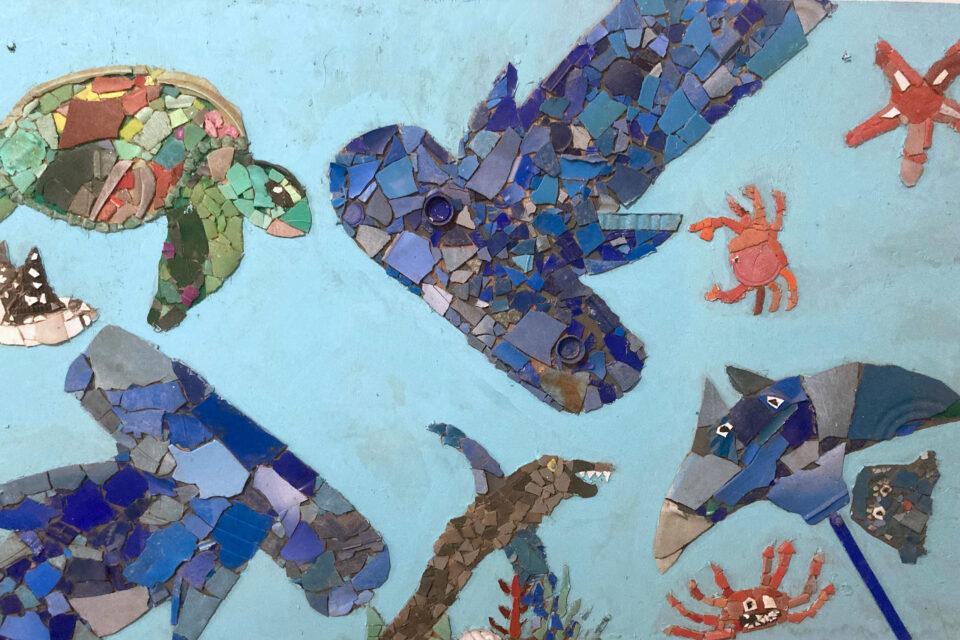

Our Ocean 2023, Panama
The GCT team attended the Our Ocean 2023 conference in Panama, where we presented preliminary results from the last five years of plastic pollution research in Galapagos and the Eastern Pacific.
At the beginning of March, the GCT team attended the Our Ocean conference in Panama, a gathering of policymakers, NGOs, academic institutions, scientists and businesses from around the globe to discuss how to protect our oceans and tackle threats such as pollution and unsustainable fishing.
The conference was opened by the president of Panama, Laurentino Cortizo, and panel discussions took place featuring speakers including John Kerry, US Special Presidential Envoy for Climate; Dr Sylvia Earle, founder of Mission Blue, who led a recent expedition to the Galapagos Marine Reserve; and Thérèse Coffey, the UK Secretary of State for the Environment, Food and Rural Affairs.

5 years of plastic pollution research in the Galapagos Islands
We were at the conference to present preliminary results from the last five years of plastic pollution research in the Galapagos Islands and the wider Eastern Pacific, highlighting globally relevant lessons on monitoring and managing marine pollution, particularly for island ecosystems.
GCT’s Head of Programmes, Dr Jen Jones, presented current knowledge on the key sources of plastic pollution in Galapagos, the prevailing impacts on biodiversity and local communities, and the innovative solutions that are being driven from grassroots to government. Jen began by summarising the current state of plastic pollution in our oceans, with some shocking statistics:
- 390.7 million tons of new plastic were produced in 2021
- 44% of all new plastic is used for single-use packaging
- 37 million tons of plastic waste will enter the ocean every year by 2040

Jen spoke about some of the tools that GCT is funding to help monitor plastic pollution in Galapagos, including drone surveys of coastal areas and oceanographic modelling to identify the main sources of plastic pollution. She also shared key findings from the Pacific Plastics: Science to Solutions (PPSS) network, which brings together a group of more than 30 organisations and 90 individuals working on the topic in Ecuador, Peru, Chile and worldwide:
- Over 2,500 microplastics were found per m2 on the most polluted beaches in Galapagos, which are very difficult to clean
- 69% of plastic items found on Galapagos coastlines are single-use items, and one third of those items are linked to drinks
- 20% of plastic pollution globally is from maritime sources, whereas in Galapagos 40% comes from maritime sources
- More than 95% of plastic found on Galapagos coastlines is likely to originate from outside the Galapagos Marine Reserve
As well as discussing the sources of plastic pollution in Galapagos, Jen also talked about the impact on species such as green sea turtles, marine iguanas and whale sharks, and showcased some of the innovative solutions that GCT is supporting, including the introduction of reusable cups in shopping malls on the South American mainland and the development of new bioplastics.
Later this year we will be publishing our full report on the last five years of plastic pollution research in Galapagos – sign up now to receive your copy.
69 %
of plastic items found on Galapagos coastlines are single-use items
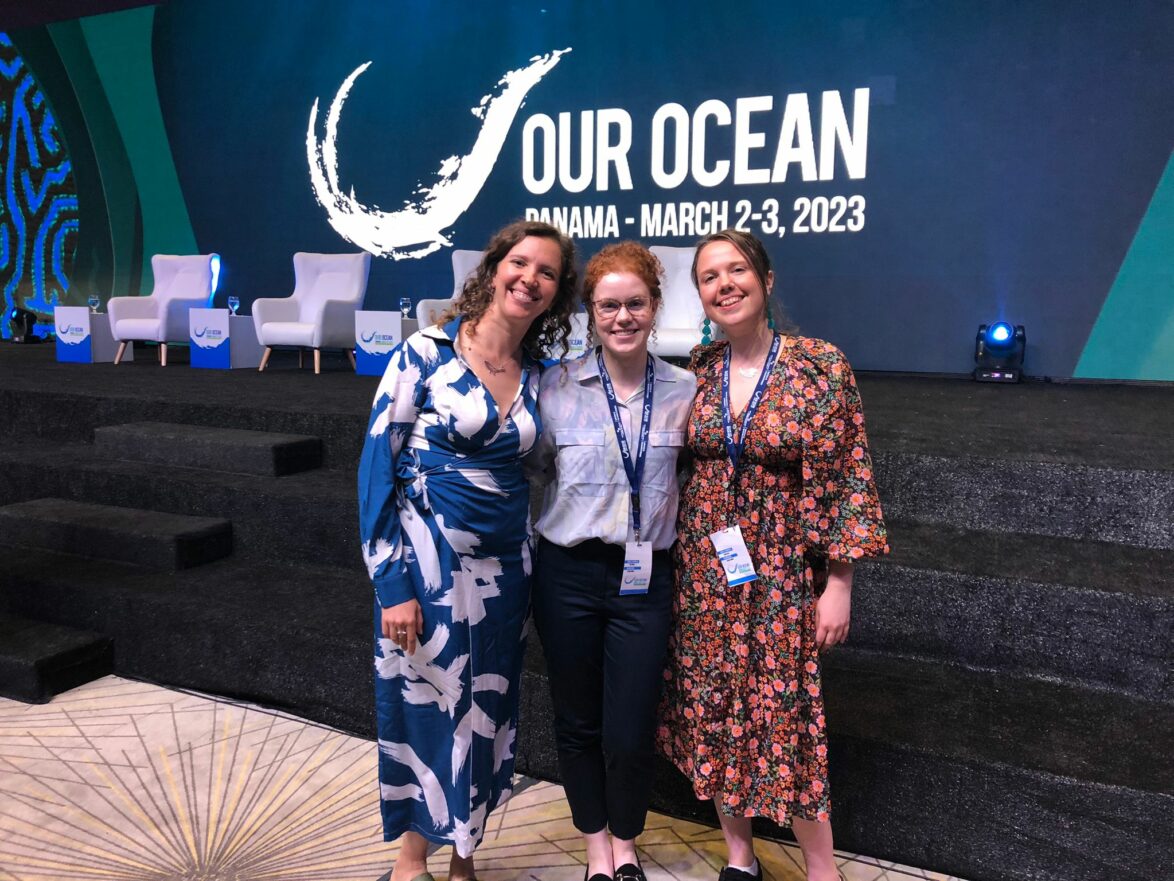
Jen’s presentation was followed by a panel discussion looking at some of the issues in more detail. Norman Wray, Coordinator of the Galapagos Hub for Sustainability, Innovation and Resilience and a Policy Advisor for the Pew Bertarelli Ocean Legacy project, spoke about the importance of local voices and the participation of the Galapagos community in developing solutions to plastic pollution, and Dr Joanna Alfaro, Director of Peruvian NGO Pro Delphinus, reflected on her conversations with Galapagos fishers about the impact of plastic pollution on their livelihoods.
Dr Alex Hearn, Marine Ecologist at the Universidad San Francisco de Quito and founding member of the MigraMar network, highlighted the problem of fish aggregating devices (FADs) drifting through the Galapagos Marine Reserve, and the threat to marine life from illegal long-lining.
“There was one occasion where it took us three days to free a manta ray whose wings were caught by a plastic fishing line,” said Dr Hearn. “It was acting like a cheese slicer right the way through, and of course the animal was in distress, and it’s hard to approach an animal in distress and deal with it, especially in three knots of current and 20 metres of water.”

We need to do what Jen Jones has done and bring science into the negotiation (of the Treaty), because evidence, scientific evidence, is what we need… Science needs to shake us negotiators and say ‘listen, this is happening, and you have to legislate internationally with this in your mind’.
From the policy world we were joined by José Julio Casas, Pro Tempore Secretary of CMAR and Director of Coasts and Seas at Panama’s Ministry of Environment, and Luis Vayas Valdivieso, Ecuador’s Vice Minister of Foreign Affairs and one of the elected Chairs of the UN Intergovernmental Negotiation Committee for the future Global Plastics Treaty.
“We need to do what Jen Jones has done,” said Vice Minister Vayas, “and bring science into the negotiation (of the Treaty), because evidence, scientific evidence, is what we need… Science needs to shake us negotiators and say ‘listen, this is happening, and you have to legislate internationally with this in your mind’.”

A crucial time for oceans
The Our Ocean conference coincided with a crucial breakthrough at the UN, as nations finally reached agreement on a High Seas Treaty, which will put mechanisms in place to create Marine Protected Areas in parts of the ocean beyond national jurisdiction.
At the same time, evidence continues to mount of the damage that plastic pollution is doing to our oceans. A study carried out by scientists at the Natural History Museum in London has identified a new disease caused solely by plastics in seabirds, the first recorded instance of specifically plastic-induced fibrosis in wild animals. This news was followed shortly after by the release of a study co-authored by PPSS member Dr Martin Thiel and led by the 5 Gyres Institute, which revealed that there are more than 170 trillion plastic particles, weighing approximately 2 million tonnes, afloat in the world’s oceans.
While our focus at GCT is the way in which oceanic islands such as Galapagos are being unfairly impacted by plastic pollution, it’s clear that this is a global scourge that needs global solutions.
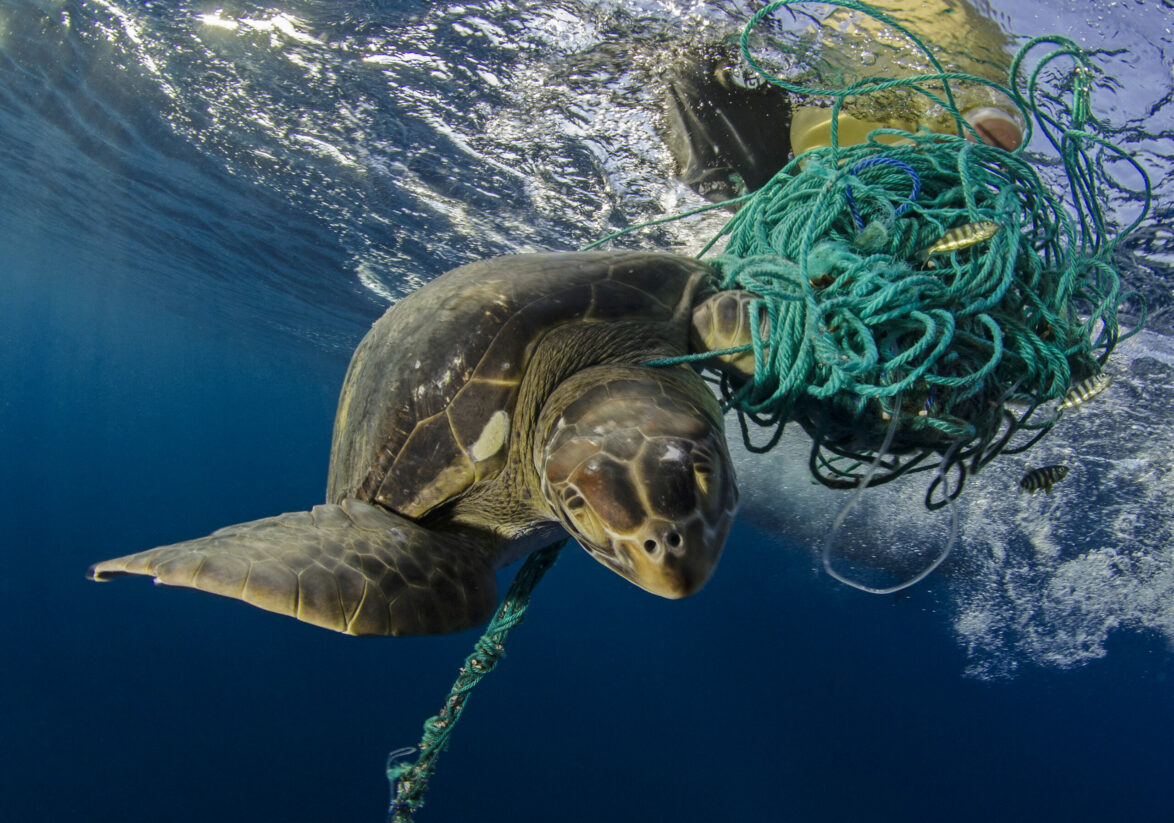
How we’re working towards a Global Plastics Treaty in 2024
GCT is working with partners and government agencies towards securing a Global Plastics Treaty to end the scourge of plastic pollution in Galapagos.
Related articles

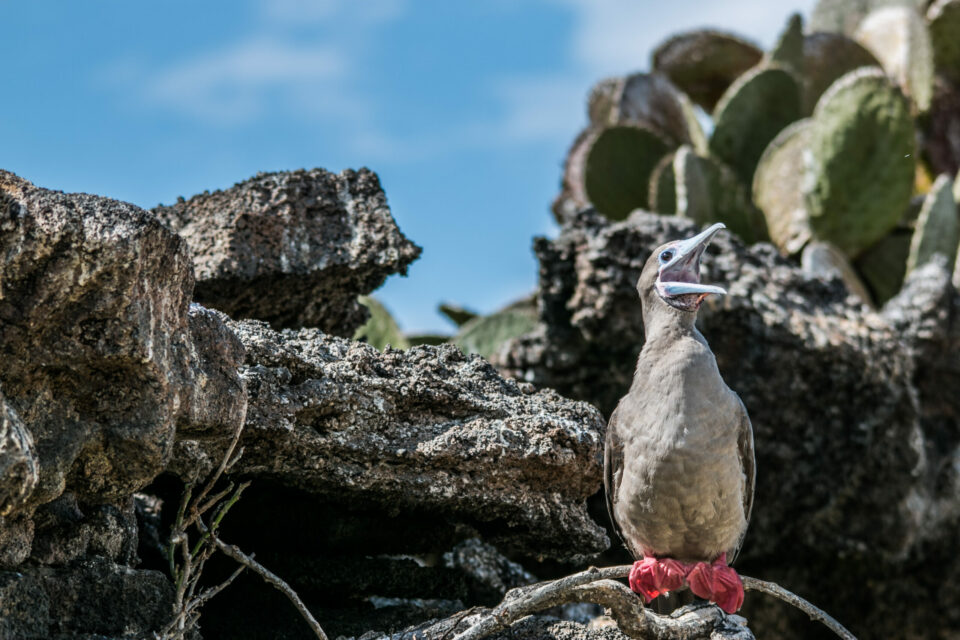
How to have an eco-friendly Christmas
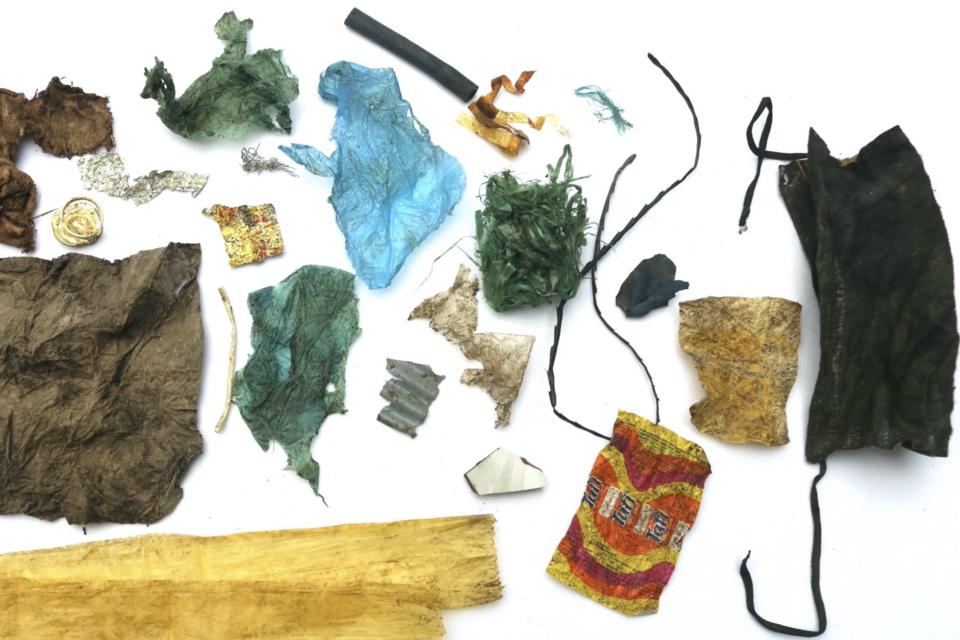
New research shows that Galapagos giant tortoises are ingesting plastic waste
